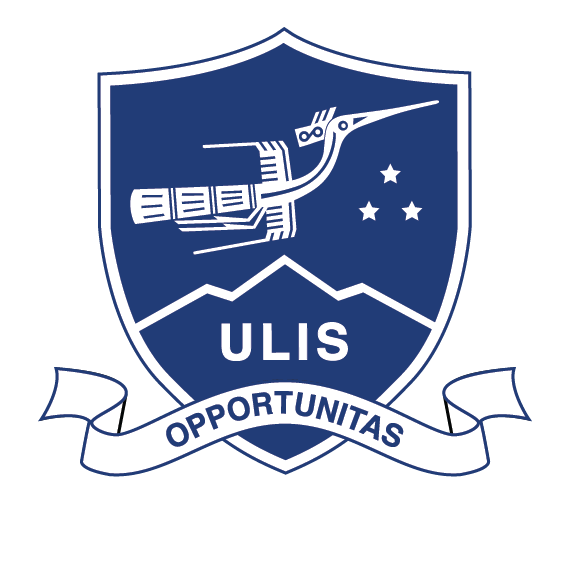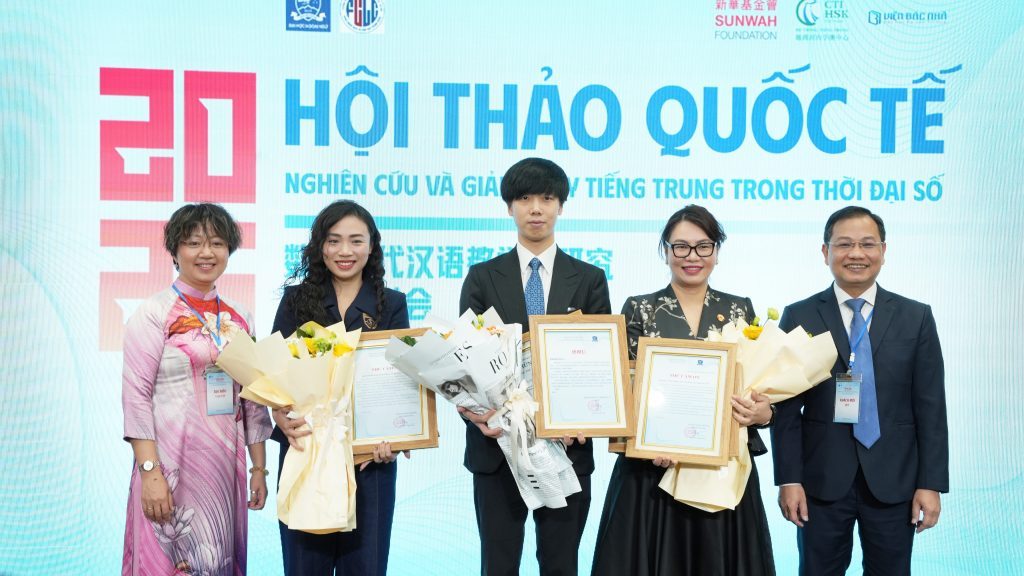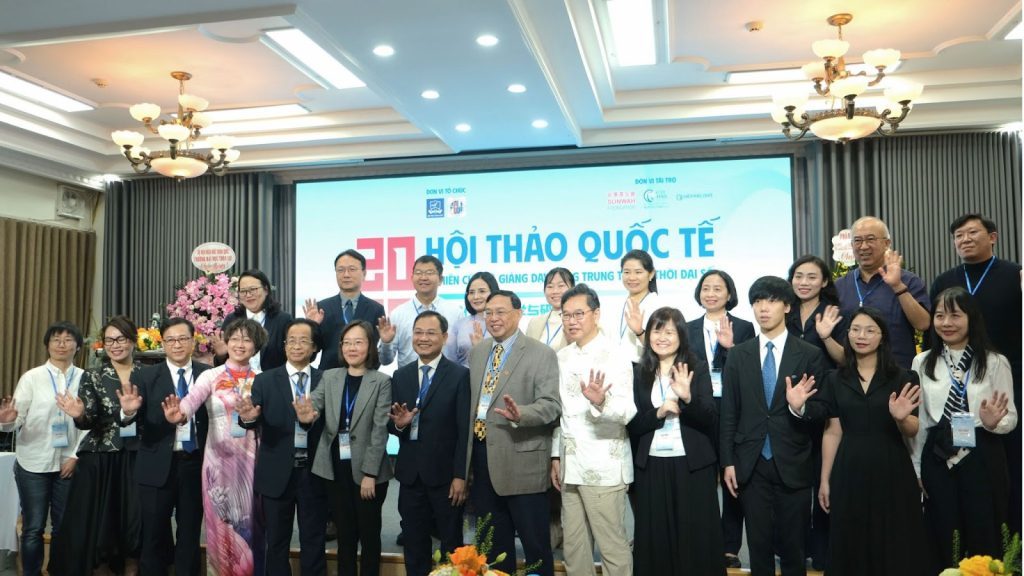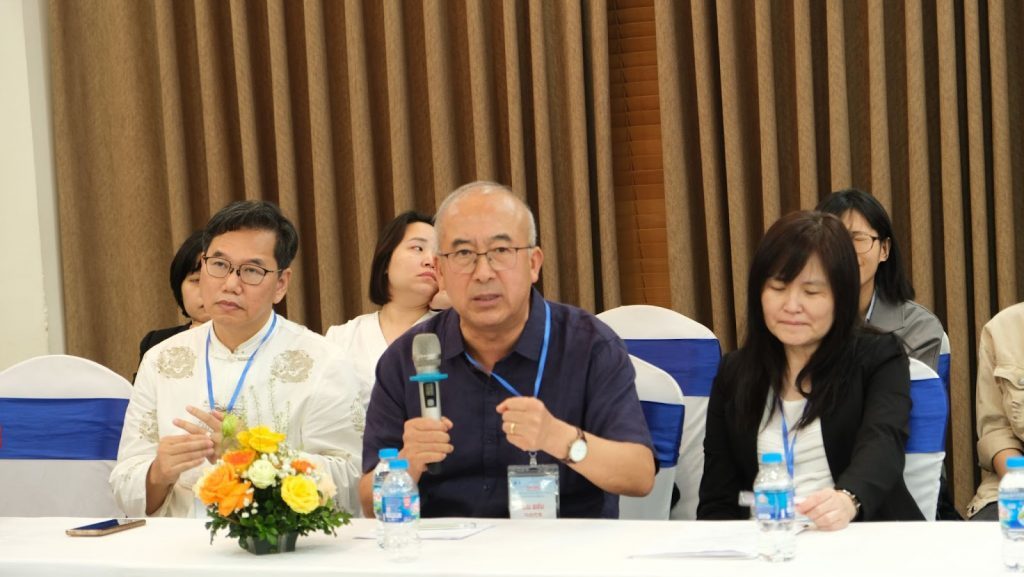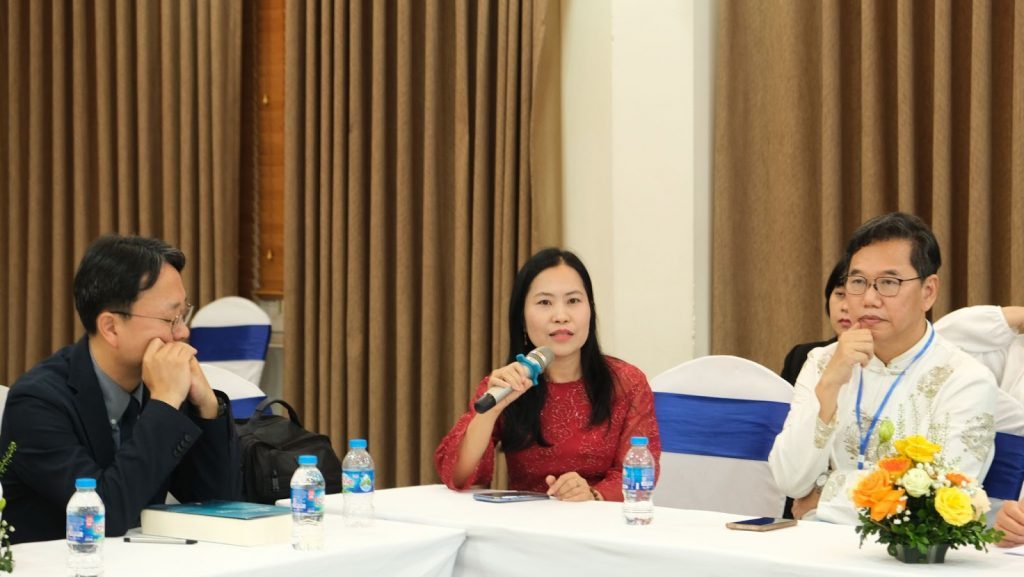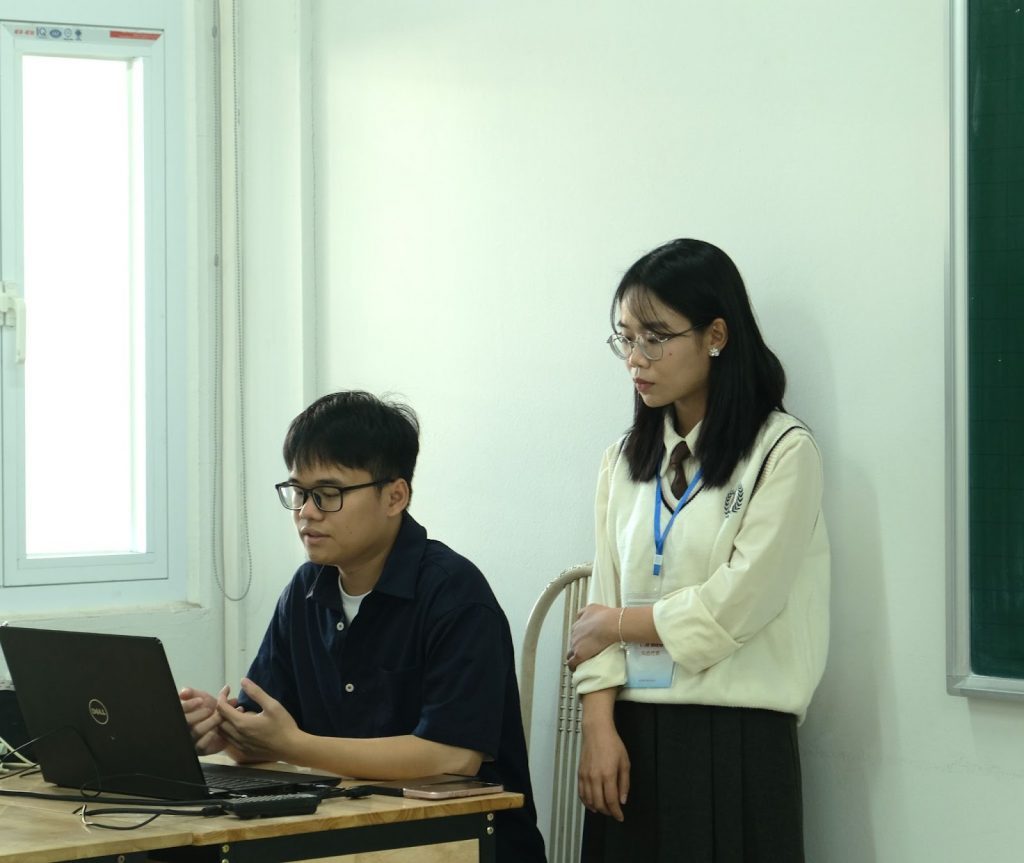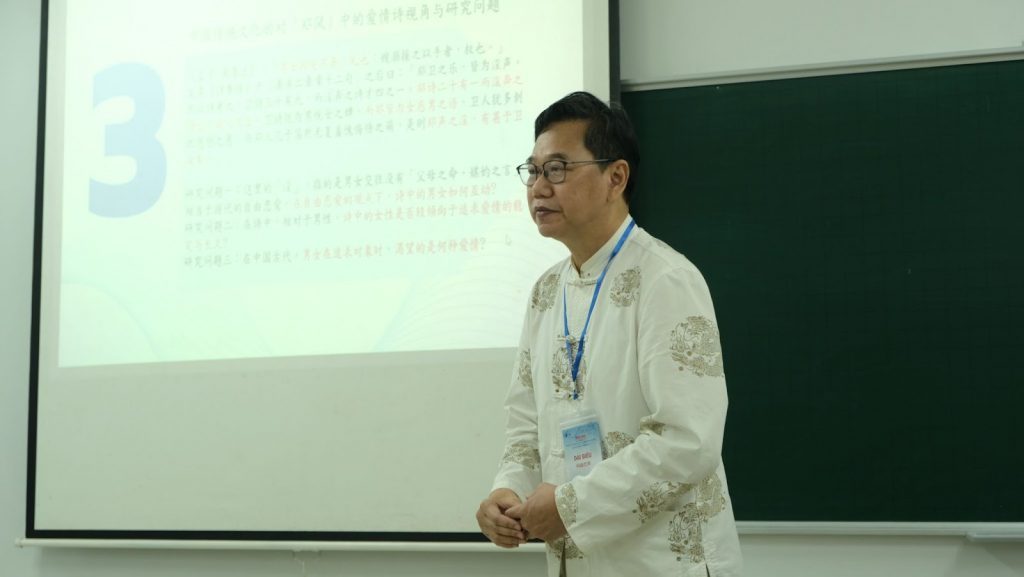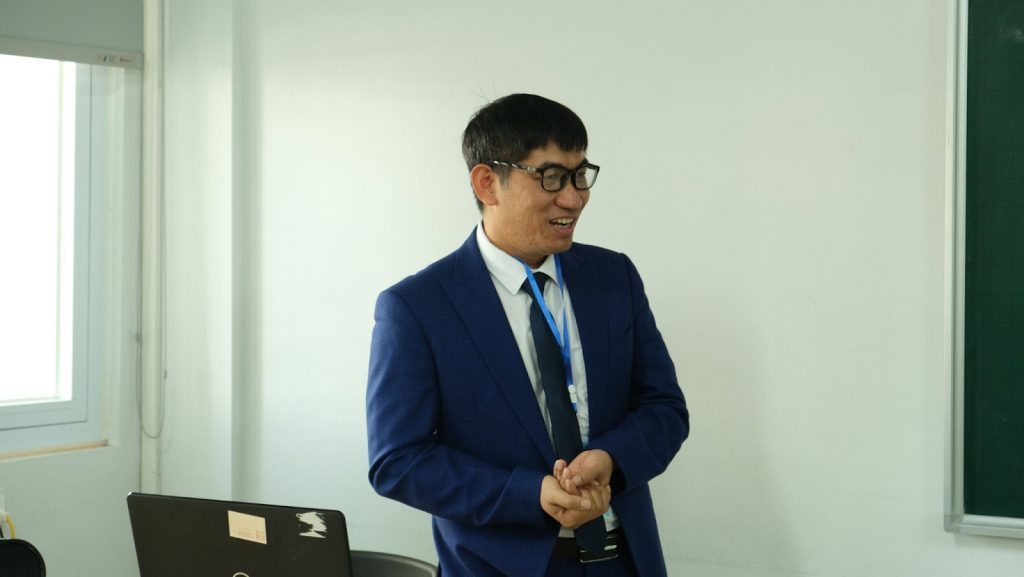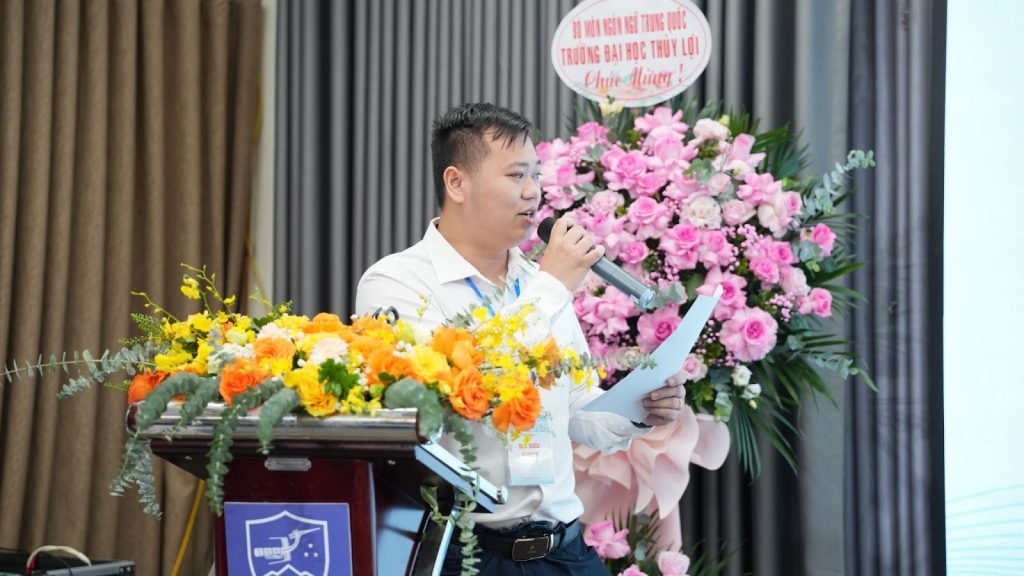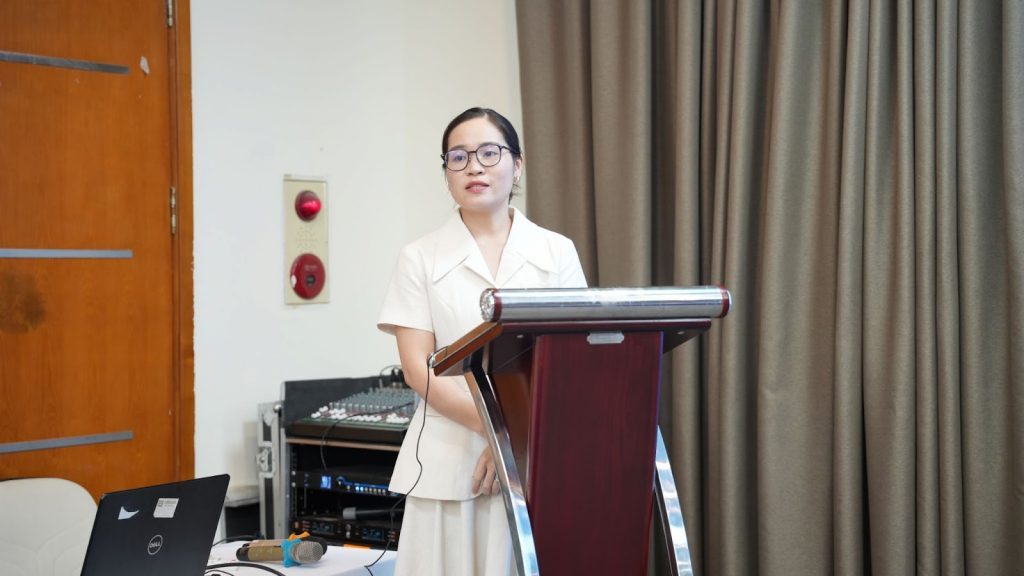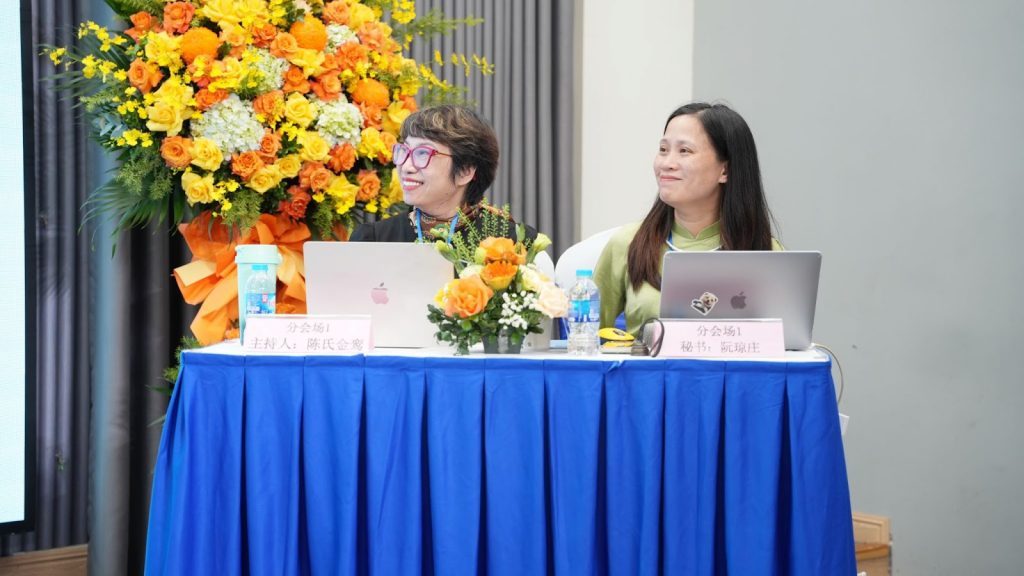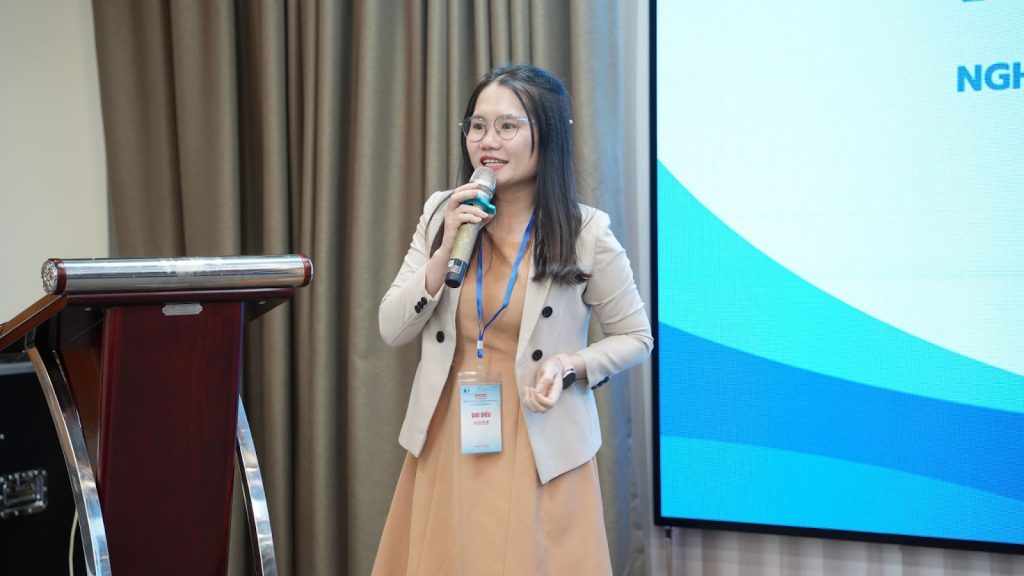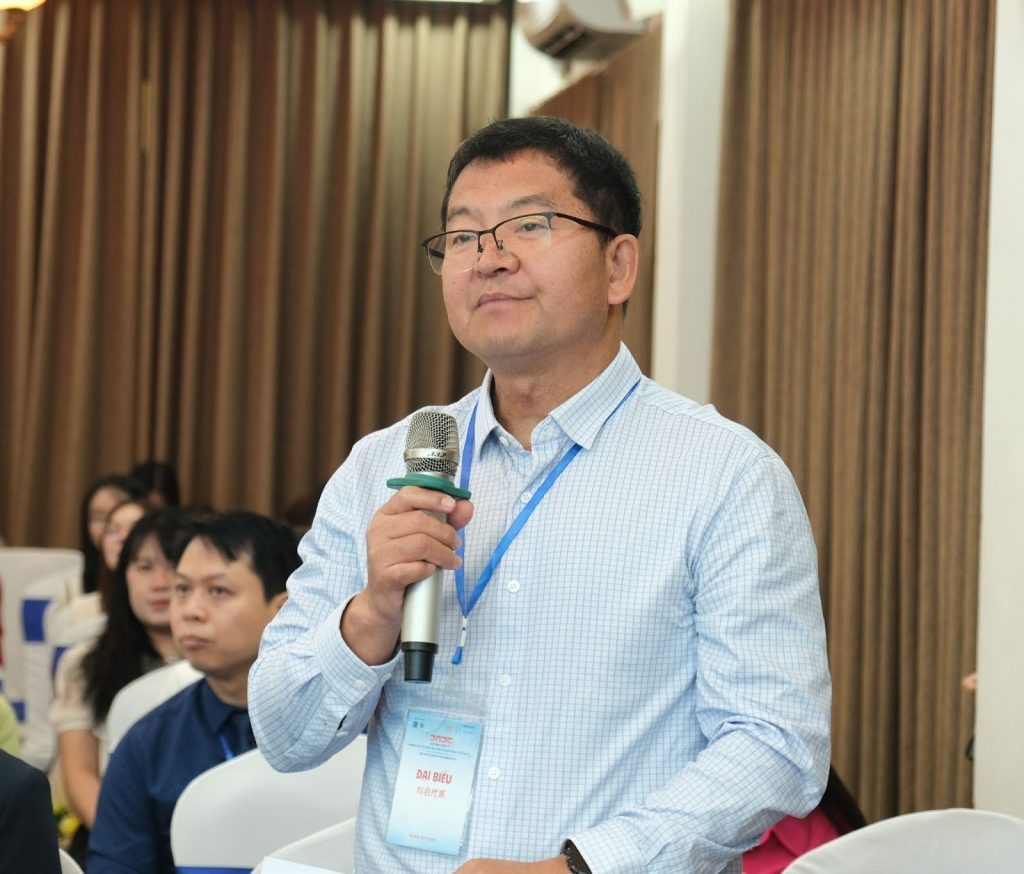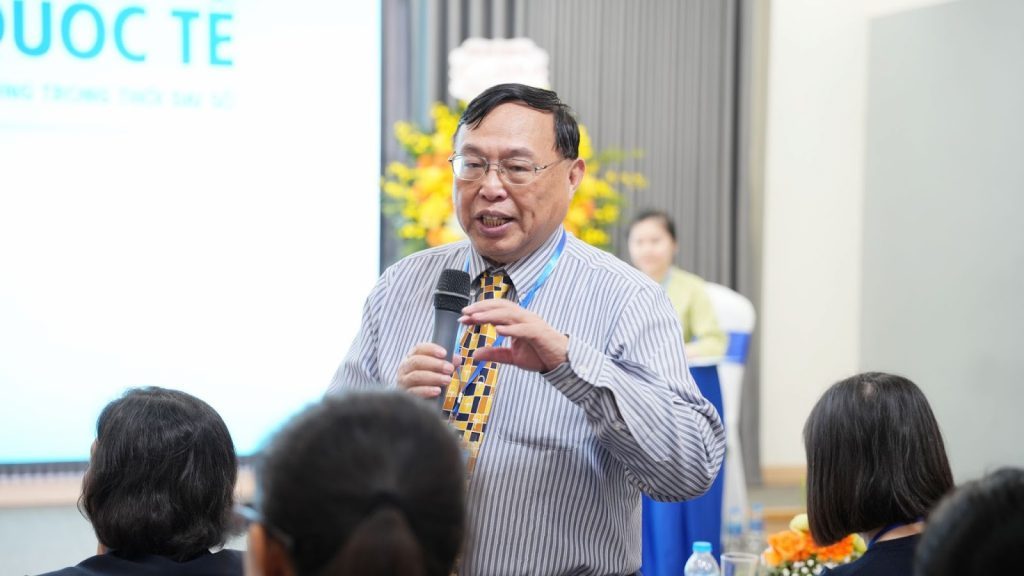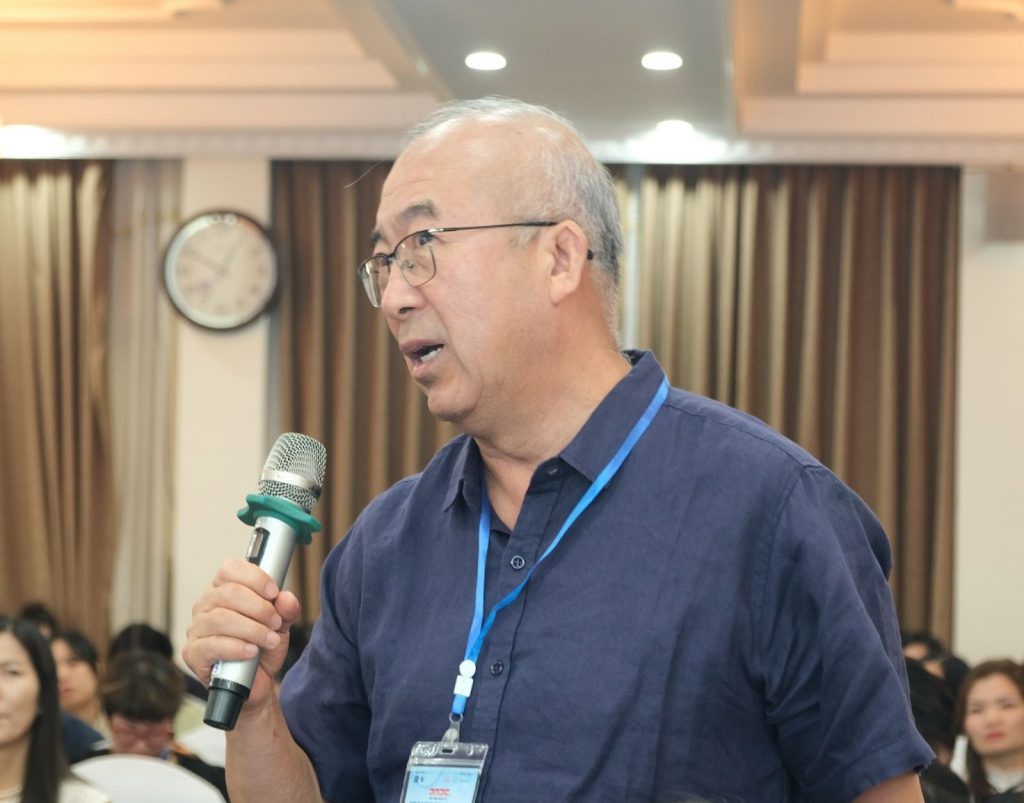International Conference on Research and Teaching Chinese Language in the Digital Age
On November 15, 2025, the University of Languages and International Studies – Vietnam National University, Hanoi (ULIS–VNU) hosted the International Conference on “Research and Teaching Chinese Language in the Digital Age”. The event fell within the framework of celebrating the 70th anniversary of the Faculty of Chinese Language and Culture and aimed to promote exchanges and development of Chinese-language teaching and research.
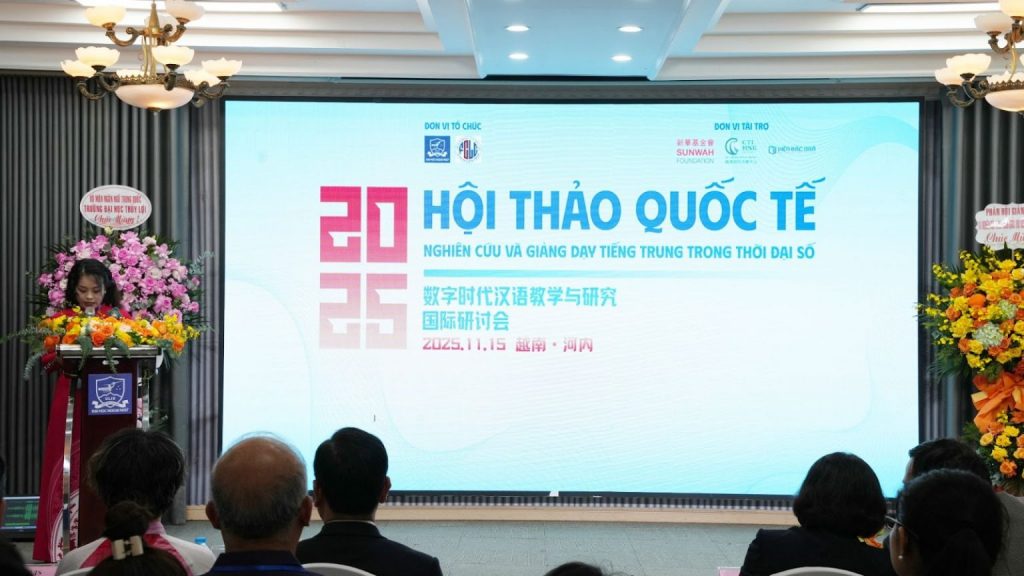
Attending the conference from ULIS side were Vice Rector Hoa Ngoc Son, Vice Rector Ha Le Kim Anh, Chairman of the Vietnamese Linguistics Association & Chairman of the ULIS Alumni Network Nguyen Lan Trung, along with leaders of various affiliated units and many faculty members and students of the Faculty of Chinese Language and Culture.
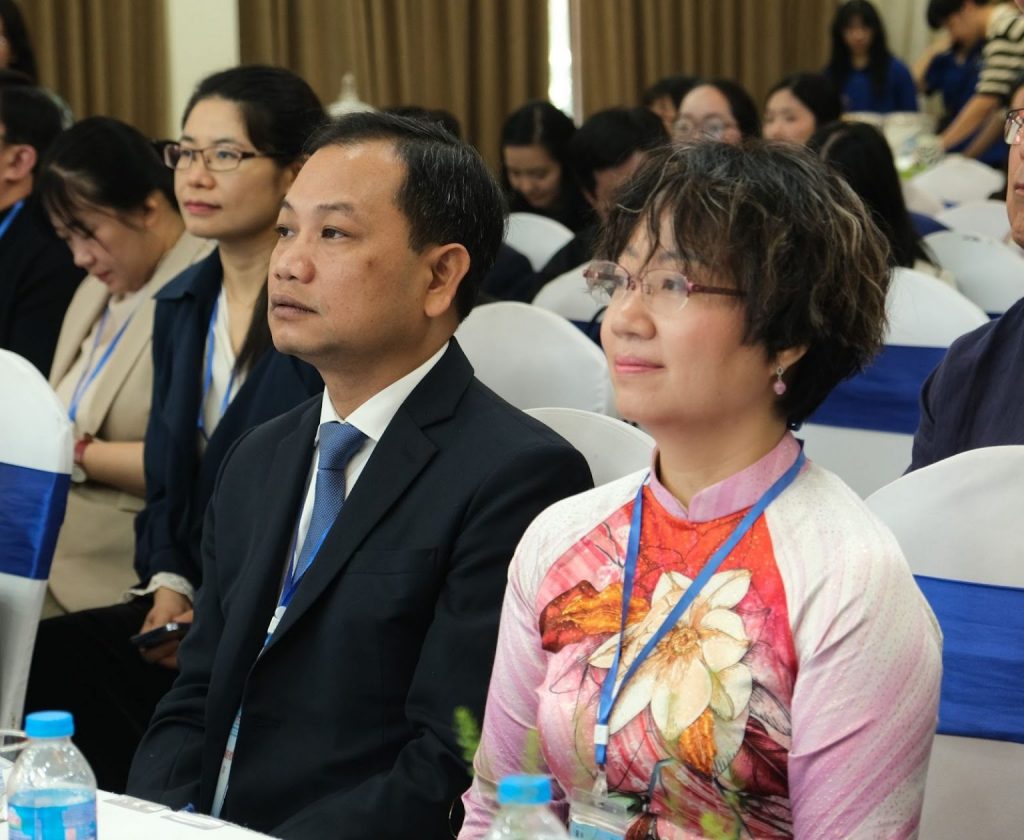
From the guest side, the conference welcomed Jessi Choi, Member of the Board of Directors of Sunwah Group – CEO of Sunwah Southeast Asia; Nguyen Hoang Anh, Co-founder of the Asia-Pacific Chinese Language Teaching Association; plus heads and experts from Chinese language training departments at universities across Vietnam.
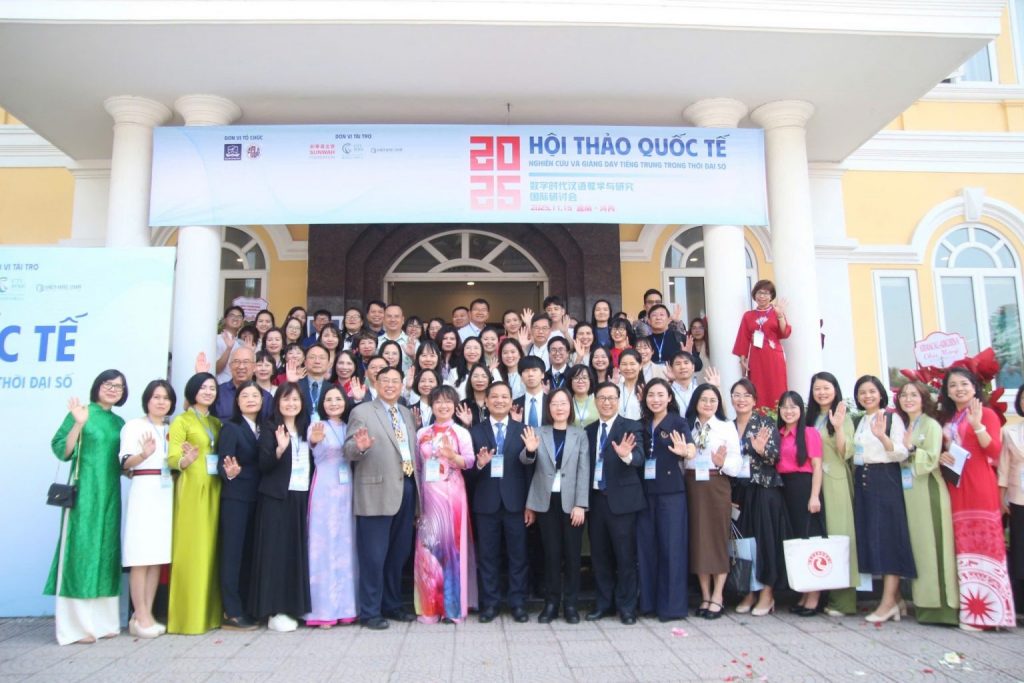
In his opening remarks, Vice Rector Hoa Ngoc Son emphasized the special significance of the event in the 70-year commemoration of the Faculty and highlighted that the conference serves as a “bridge of knowledge” connecting domestic and international scholars, providing a forum for discussing future orientations in Chinese-language teaching and research in the digital era.
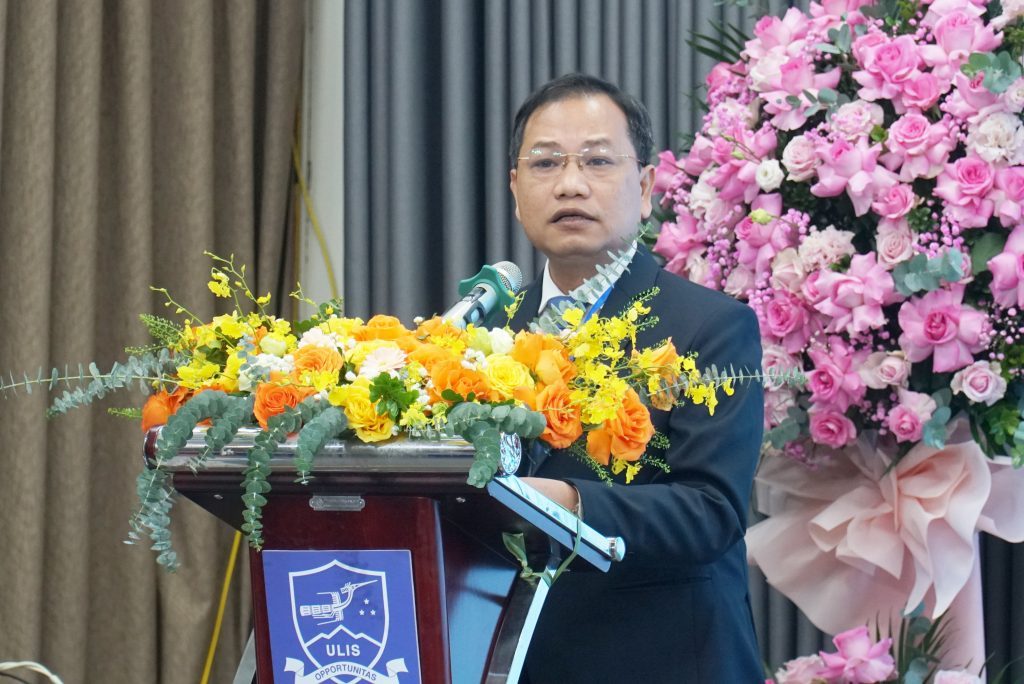
During the plenary session, Dr. Ngo Dung Nghi presented a report titled “Effectiveness of intelligent essay-scoring system in teaching writing at independent Chinese schools in Malaysia.” The presentation affirmed that AI-based scoring systems can overcome limitations of traditional assessment in terms of objectivity, speed and authenticity, thereby enhancing the effectiveness and quality of Chinese language teaching in the digital age.
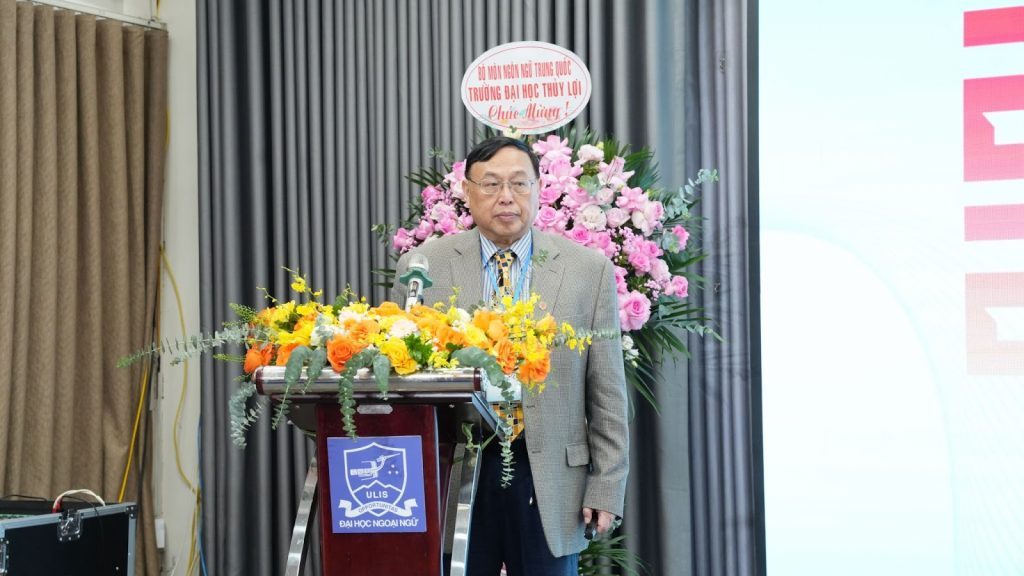
Next, presenter Luong Nguyen emphasized the importance of applying digital technologies and AI in textbook development through his report “Building Chinese language teaching materials in the digital age.” He argued that modern teaching materials must be digitized, highly interactive, data-enabled and able to track learner progress, bringing higher effectiveness in knowledge acquisition. Following that, Nguyen Hoang Anh delivered a paper titled “Research on perspectives and orientation in compiling elementary Chinese textbooks at Vietnamese universities.” The talk focused on core principles such as communication-oriented tasks, system-approach and culture integration in material development, aiming to enhance the quality of textbooks and pedagogical approaches in the new era
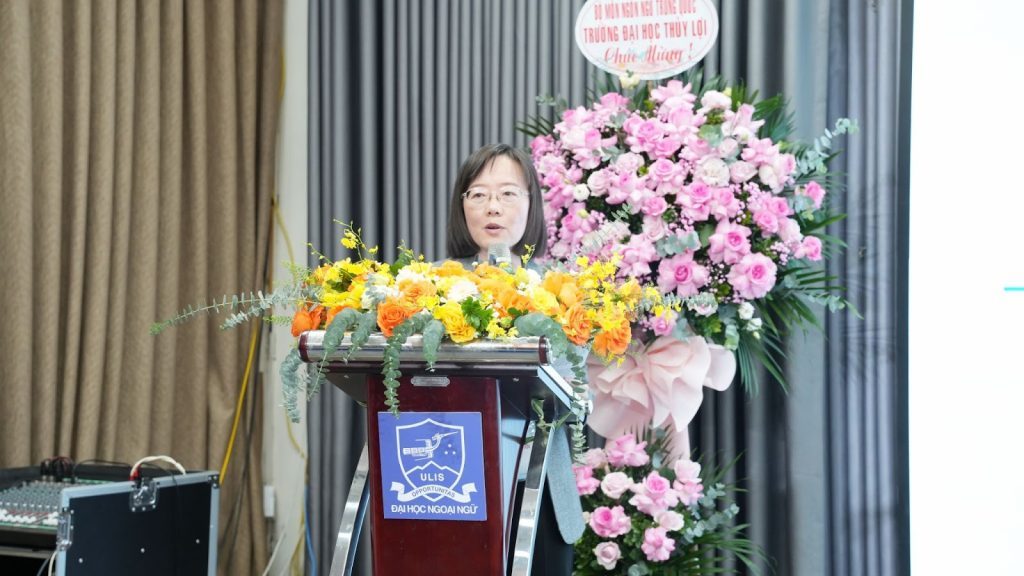
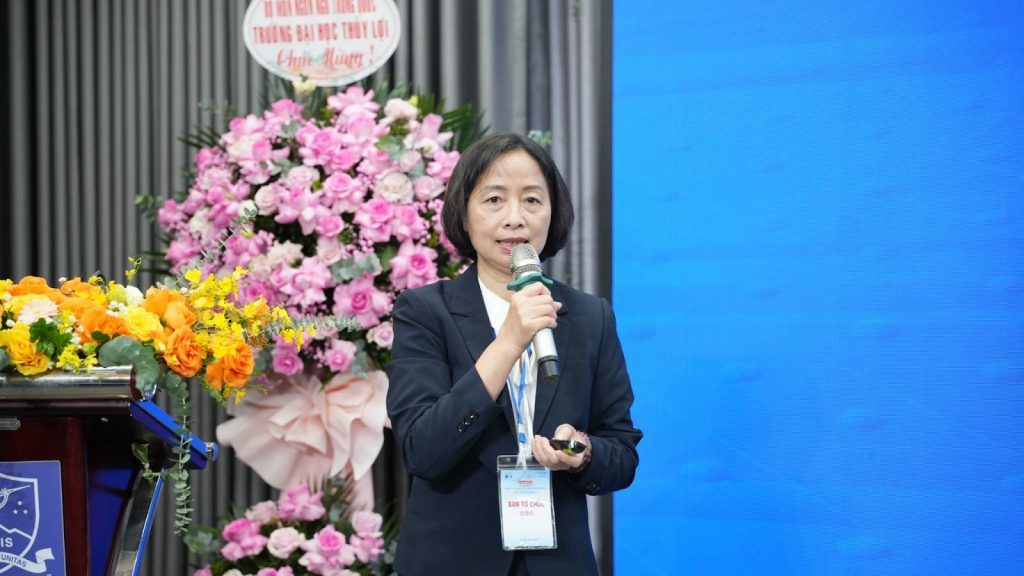
The conference included a plenary session, nine thematic sub-committees and a round-table discussion, gathering scholars from institutions including East China Normal University, Nanjing University, University of Cambridge, The Education University of Hong Kong, Seoul National University of Education and many distinguished Vietnamese experts.
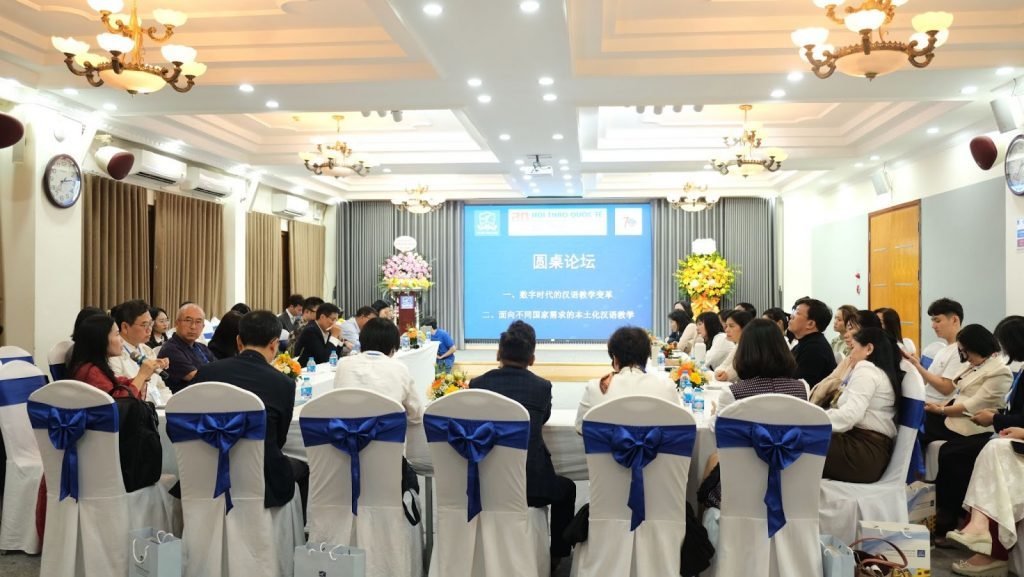
This event not only served as a scholarly exchange forum, but also demonstrated ULIS’s leadership in innovation and international cooperation in Chinese-language education. It opened up opportunities for participants to access strengths in digital pedagogy, AI-based teaching tools and collaborative networks for future development.
ĐSTT – Phan Thị Hải Anh

